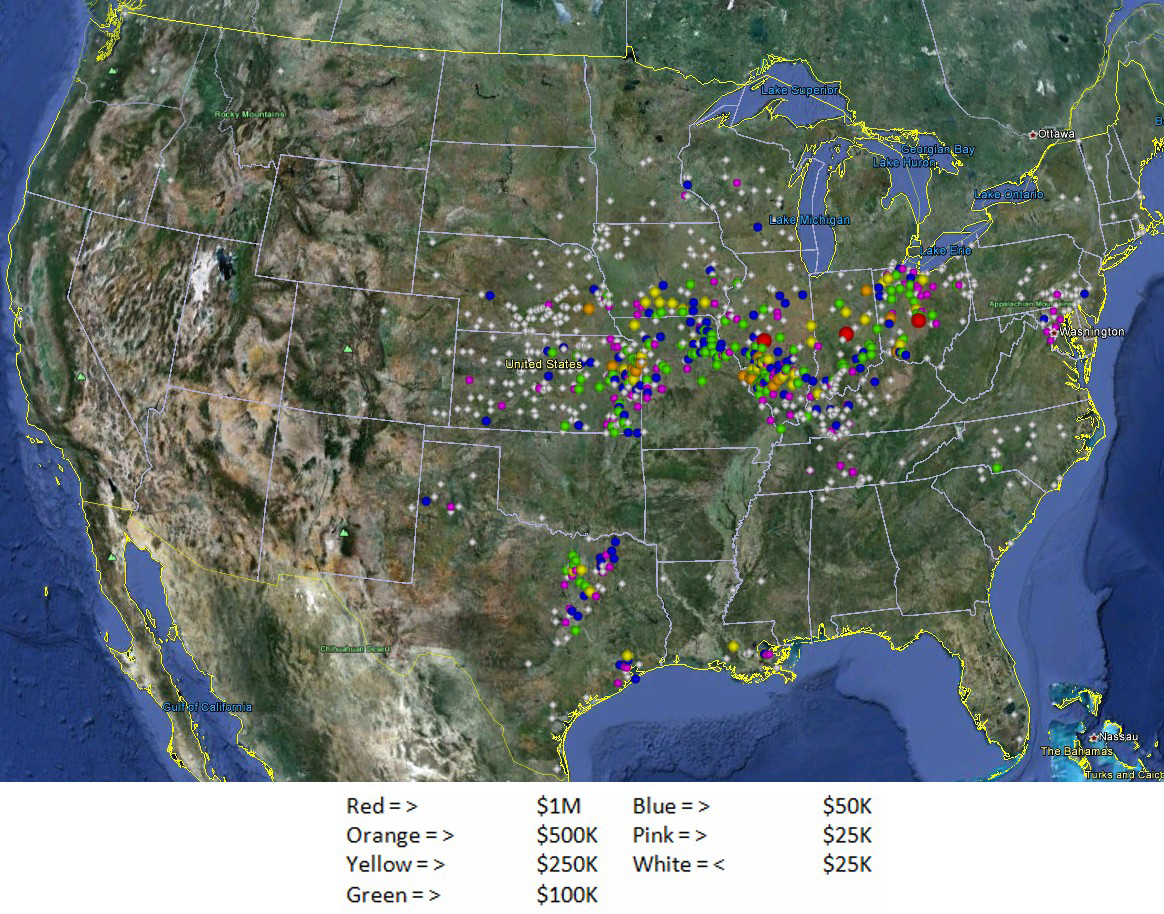Risk of Infant Leukemia Associated with Mother’s Pesticide Exposure
Updated: 2013-01-31 04:01:00
 (Beyond Pesticides, January 31, 2012) A new study finds that a mother’s exposure to pesticides before, during and after pregnancy may increase the risk of infant leukemia diagnosed before the age of two. Researchers in Brazil found that children are twice as likely to develop the rare cancers if their mothers were exposed three months [...]
(Beyond Pesticides, January 31, 2012) A new study finds that a mother’s exposure to pesticides before, during and after pregnancy may increase the risk of infant leukemia diagnosed before the age of two. Researchers in Brazil found that children are twice as likely to develop the rare cancers if their mothers were exposed three months [...]
 (Beyond Pesticides, January 28, 2013) Research published Thursday indicates that pesticides widely used on farms are highly toxic to frogs. Researcher Carsten Brühl, Ph.D., at the University of Koblenz-Landau in Germany called the results “alarming” with the potential for “large-scale effects” on amphibians. Two chemicals commonly used in orchards and on grains demonstrated a 100% [...]
(Beyond Pesticides, January 28, 2013) Research published Thursday indicates that pesticides widely used on farms are highly toxic to frogs. Researcher Carsten Brühl, Ph.D., at the University of Koblenz-Landau in Germany called the results “alarming” with the potential for “large-scale effects” on amphibians. Two chemicals commonly used in orchards and on grains demonstrated a 100% [...] (Beyond Pesticides, January 24, 2013) Checks are now being sent to 1,085 community water systems across the U.S. in the final phase of a $105 million settlement with Syngenta, the largest manufacturer of the toxic weed killer atrazine. The class action settlement, City of Greenville v. Syngenta Crop Protection, Inc., Case No.: 3:10-cv-00188-JPG-PMF, stems from [...]
(Beyond Pesticides, January 24, 2013) Checks are now being sent to 1,085 community water systems across the U.S. in the final phase of a $105 million settlement with Syngenta, the largest manufacturer of the toxic weed killer atrazine. The class action settlement, City of Greenville v. Syngenta Crop Protection, Inc., Case No.: 3:10-cv-00188-JPG-PMF, stems from [...] (Beyond Pesticides, January 23, 2013) A new federal report finds toxic contamination remains widespread in the Chesapeake Bay, with severe impacts in some places, which health and environmental advocates say lends support to their push in Maryland for legislative action on pesticides and other hazardous chemicals. In spite of some cleanup, the health of the [...]
(Beyond Pesticides, January 23, 2013) A new federal report finds toxic contamination remains widespread in the Chesapeake Bay, with severe impacts in some places, which health and environmental advocates say lends support to their push in Maryland for legislative action on pesticides and other hazardous chemicals. In spite of some cleanup, the health of the [...] (Beyond Pesticides, January 18, 2013) Joining the list of speakers at Beyond Pesticides’ 31st National Pesticide Forum are Tyrone Hayes, Ph.D., the biologist best known for his research on the effects of atrazine on frogs, and Isaac N. Pessah, Ph.D., the Chair of the Department of Molecular Biosciences at the University of California, Davis School of Veterinary [...]
(Beyond Pesticides, January 18, 2013) Joining the list of speakers at Beyond Pesticides’ 31st National Pesticide Forum are Tyrone Hayes, Ph.D., the biologist best known for his research on the effects of atrazine on frogs, and Isaac N. Pessah, Ph.D., the Chair of the Department of Molecular Biosciences at the University of California, Davis School of Veterinary [...]